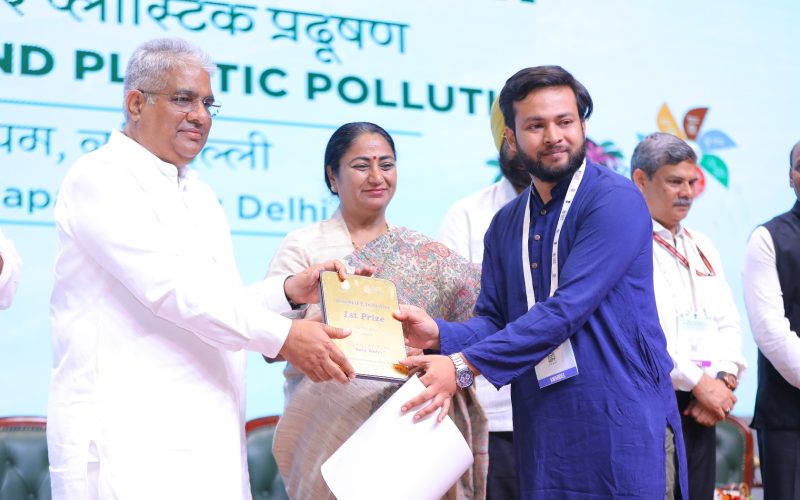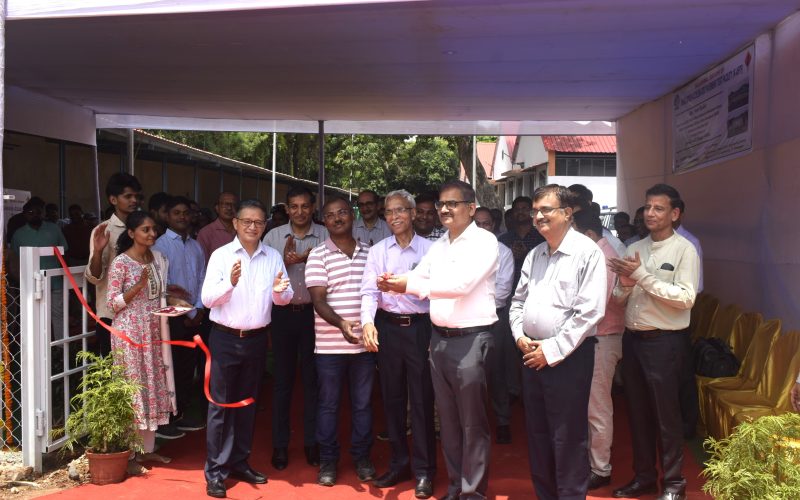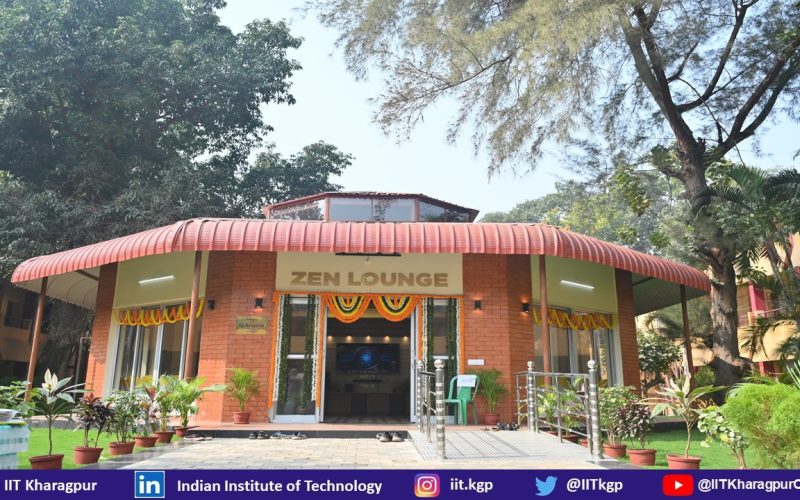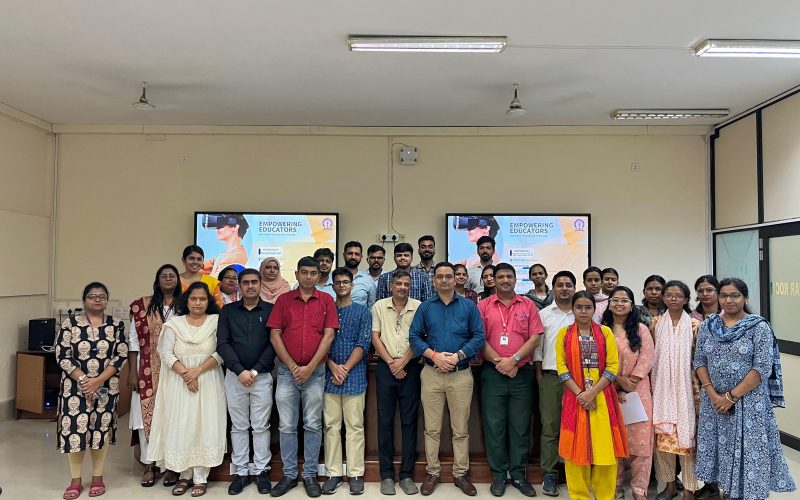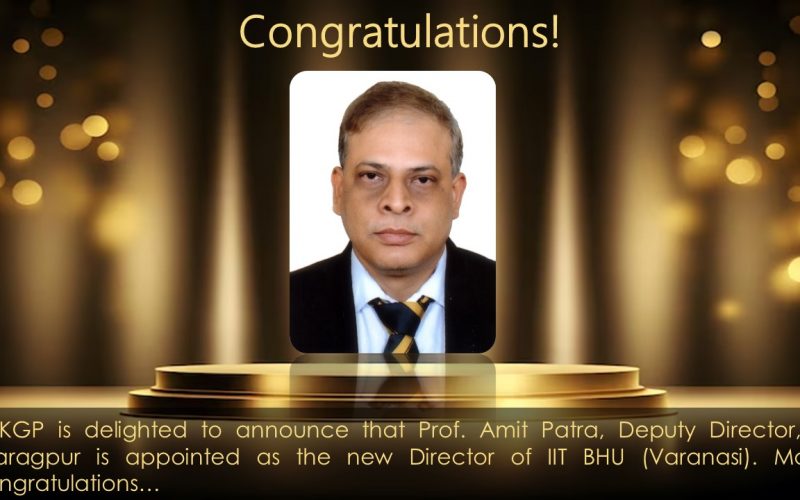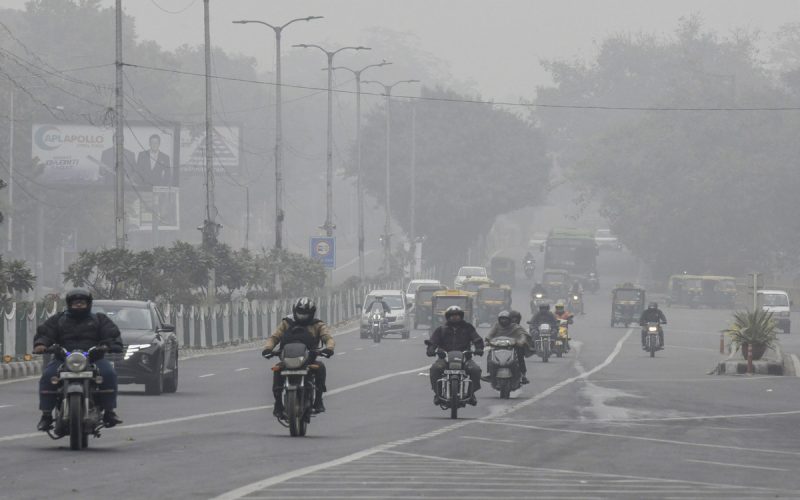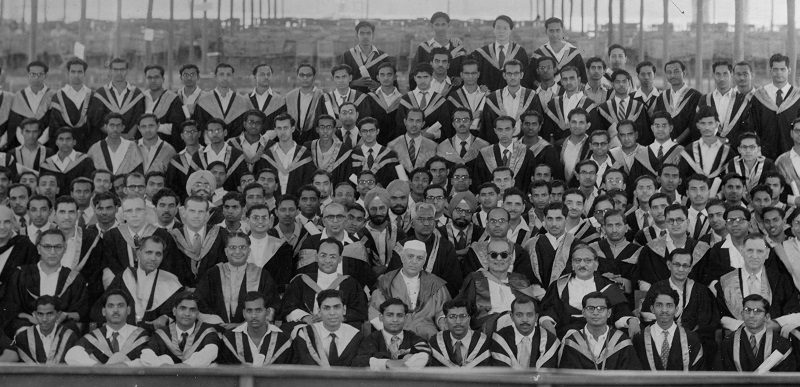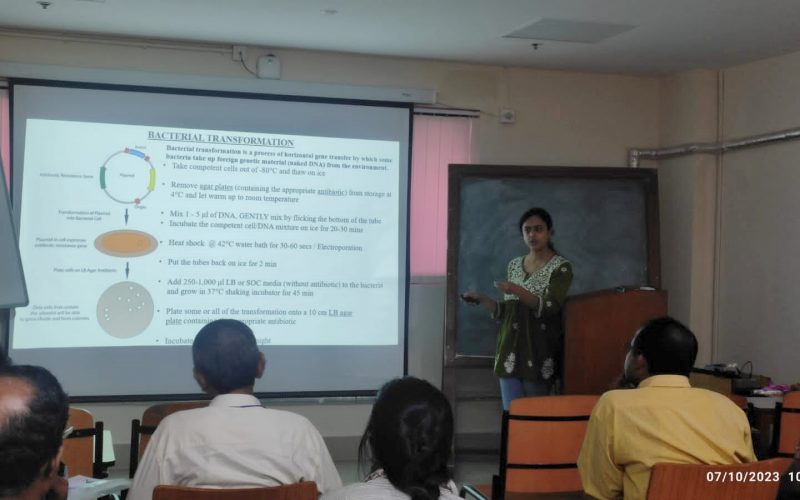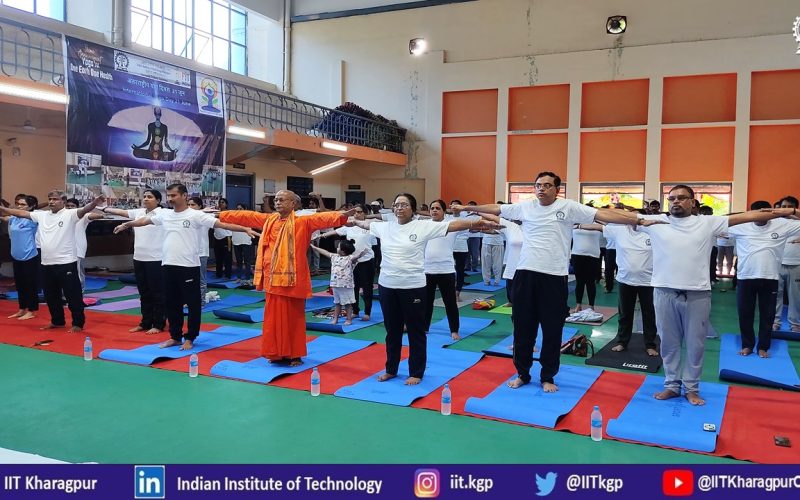
Awaken, Align, Advance ~ Embrace the Future of Mind, Body & Spirit through YOGA
IIT Kharagpur Celebrates 11th International Day of Yoga with the Message: Yoga for One Earth, One Health As a part of the nationwide 100-Day Countdown to International Day of Yoga 2025, spearheaded by the Ministry of Ayush, Government of India, IIT Kharagpur undertook a series of activities and awareness drives aimed at promoting holistic well-being and the ancient practice of Yoga. The campaign witnessed enthusiastic participation from students, faculty, staff, and campus residents through workshops, lectures, daily practice sessions, and community outreach programs aligned with this year’s theme of “Yoga for…

